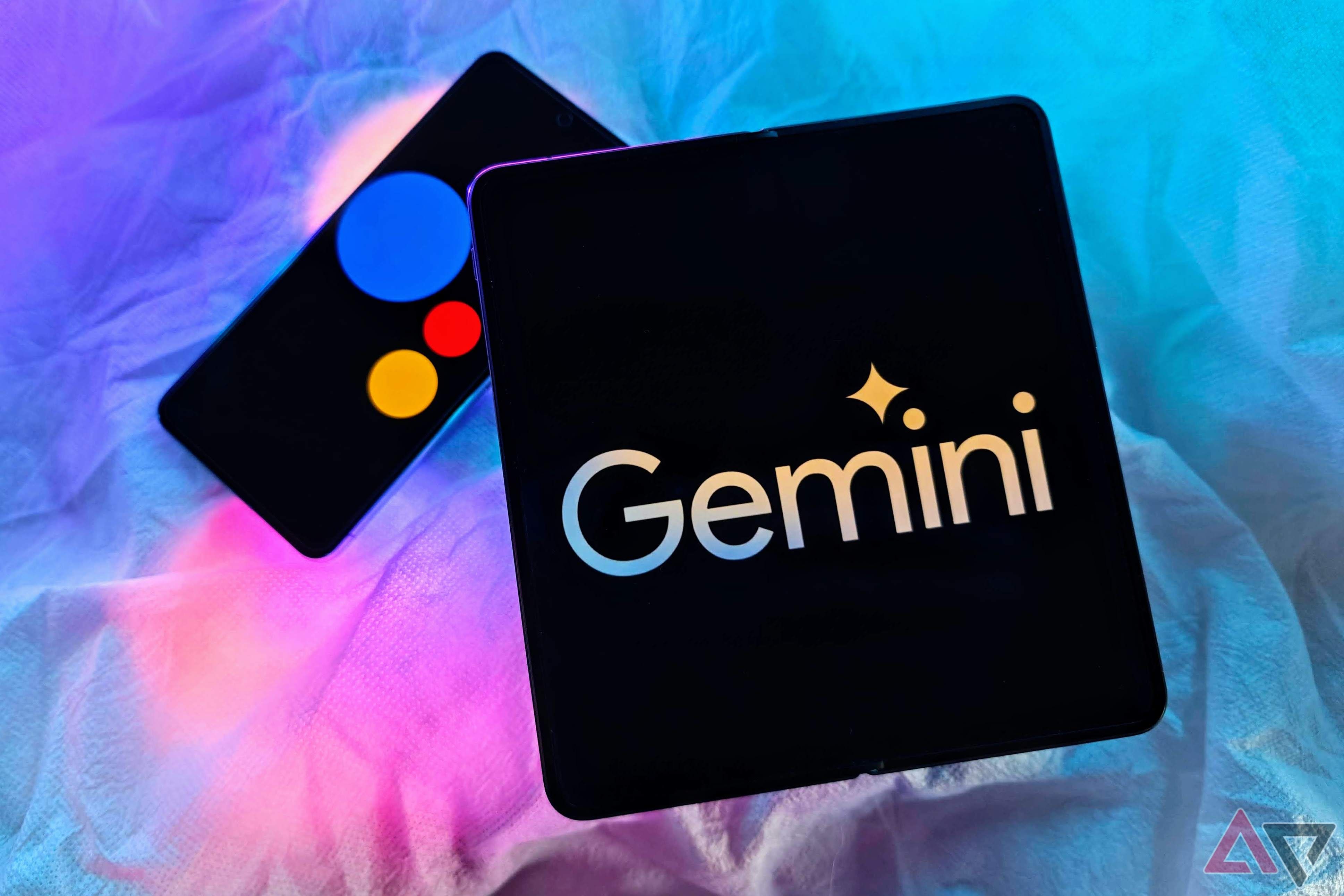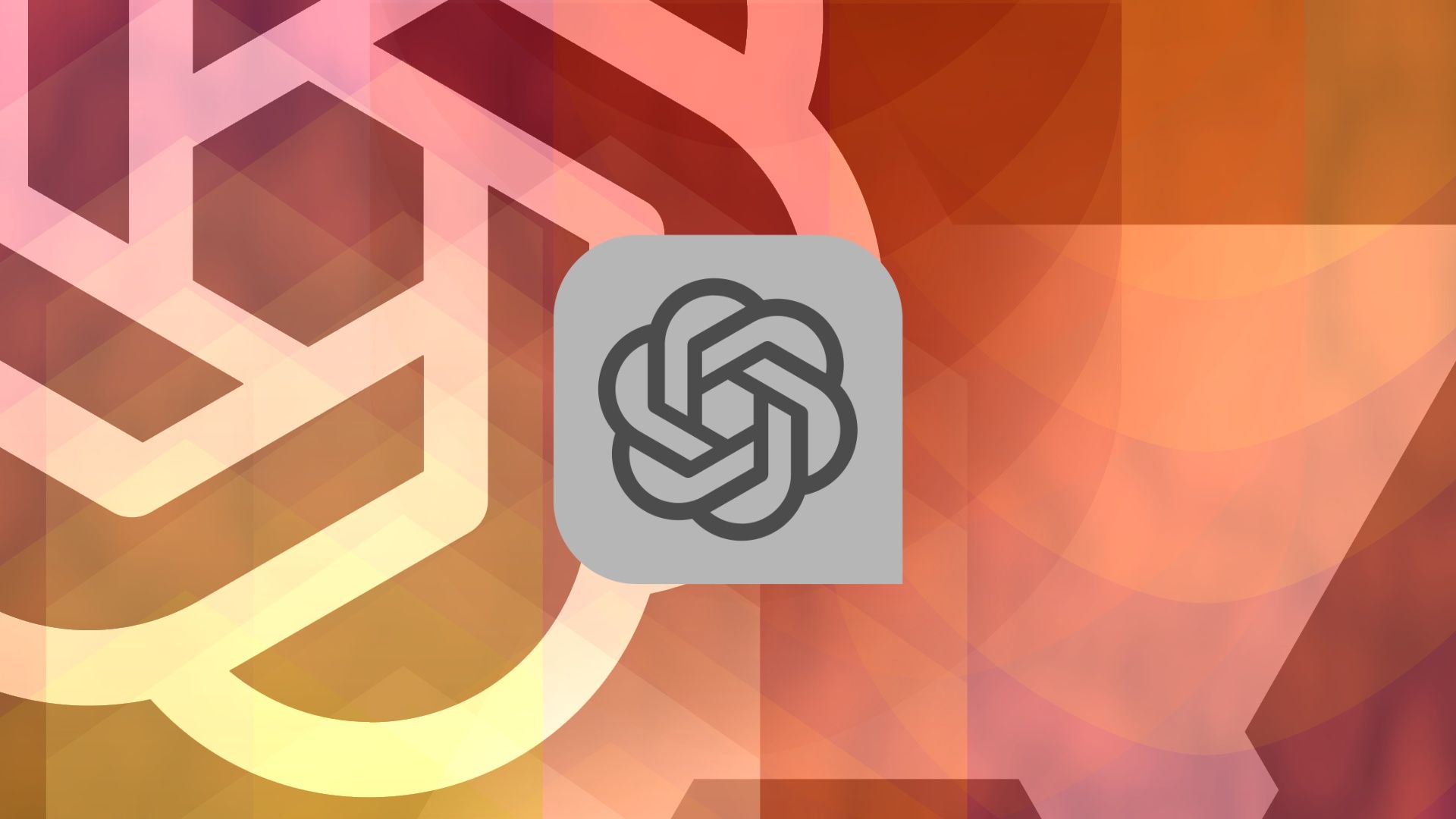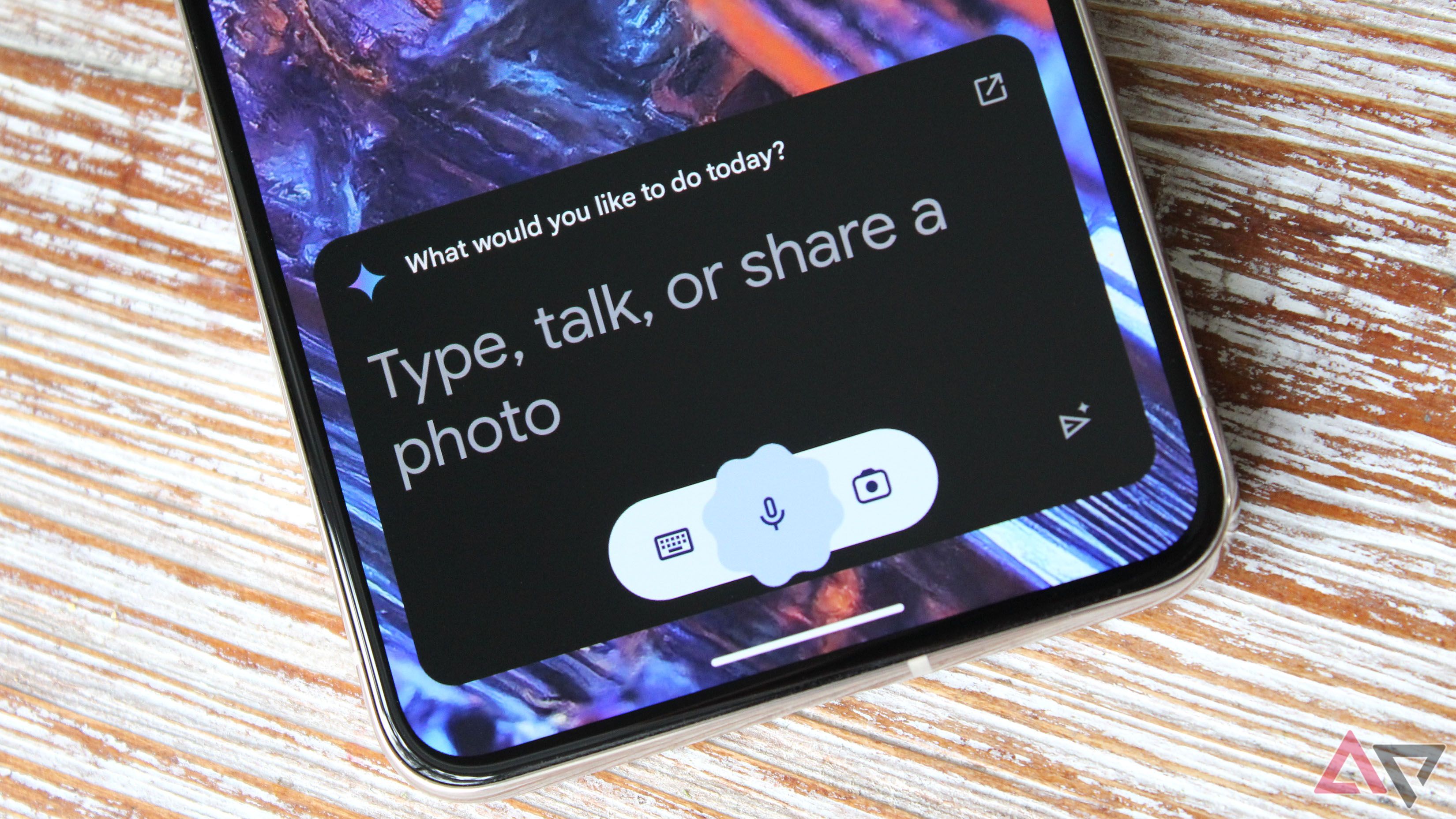Often, you’ll find that smartphone marketing is well ahead of the actual features companies like to advertise. Take 5G as an example. Although next-gen networking became widely available on smartphones in 2019, many carriers didn’t provide these speeds to all users right away. Even five years later, you’ll still find rural areas where you’re forced to rely on LTE for internet connection, no matter which of the best 5G phones you actually own.
Now, the latest trend in tech is artificial intelligence, and smartphone marketers have taken that term and really run with it. Nearly every smartphone that has launched in 2024 so far features some kind of AI-powered innovation that promises to make life easier and change the way you interact with your favorite devices. The problem is, these features aren’t nearly as innovative as AI salespeople would have you believe, and many of them aren’t even powered by the AI platforms that have made headlines over the last year.
So, if you’re in the market for a smartphone, you really don’t need to worry about which mobile AI features are available on a particular device right now.
AI features aren’t quite there yet
Don’t get fooled by flashy futuristic tech
The phrase “mobile AI features” solicits a particular image from potential buyers, one that involves a smartphone that can do it all. Like J.A.R.V.I.S. from Iron Man or Cortana from Halo, an AI-powered smartphone would, were this set in a sci-fi universe, act as a full-on secretary that can organize your calendar, make appointments, and perform a myriad of tasks to better coordinate everything with little to no input from you.
We are, of course, nowhere near the functionality of artificial general intelligence. Sure, Google Gemini can write creepy-sounding emails and Sora can generate videos that should accompany the definition of “uncanny valley” in textbooks. But this is generative AI, and as far as actual assistant duties are concerned, the mobile version of the technology has barely surpassed that of virtual assistants like Alexa, which have been around for years.

What to expect from Google Gemini 1.5
Google’s next-gen AI model focuses on features for professional developers and enterprise users
That’s not to say the technology won’t get better over time, though. This year, the Samsung Galaxy S24 was one of the first devices to feature on-device generative AI functionality thanks to the Snapdragon 8 Gen 3, while Google brought Gemini Nano to the Pixel 8 Pro back in December to power its recording summaries and predictive responses in the keyboard. These local LLMs make it so connecting to the internet isn’t necessary for any supported task, while cloud-based processing helps bring the technology to more affordable devices.
But in 2024, AI features shouldn’t affect your purchasing decision, no matter how persuasive the marketing. The reality is that it’s going to be a few years before AI functionality makes significant strides that it will matter what tools are included by default on your smartphone; after all, Gemini and ChatGPT are both available in the Play Store right now. And until then, there are plenty of other features to worry about when it comes to buying your next device.
Don’t get obsessed thinking about AI on your smartphone
Instead, focus on what’s available to you right now
If you want to take advantage of AI features on your smartphone, the news that modern devices aren’t exactly up to snuff can be a pretty big bummer. Fortunately, the AI platforms you’ve heard so much about are available to use on mobile devices, but you’ll have to download an app to access the functionality.
As for what kind of Android AI apps you can take advantage of, the proverbial cup runneth over, with options that can empower your device with generative AI. ChatGPT is the obvious choice, as the most popular AI chatbot available on the web today. Gemini is another popular AI solution for Google loyalists, and it offers a bit more functionality on the app in terms of image generation. Microsoft Copilot is also an option, providing a bit more polished experience while still utilizing the ChatGPT engine, thanks to its partnership with OpenAI.

Best AI apps and services for your Android device
Cut through the clutter to find the best AI apps for your Android.
Simply put, you don’t need to worry about AI features on your smartphone, because mobile apps are doing a fine job of shouldering the load for the time being. And once you’ve found the AI tools you need, you can focus your energy on finding a device that fits your daily life with features that you should actually worry about.
Battery life is notoriously the most important feature for many users, given the fact that it’s hard to use AI apps when your phone won’t even turn on. Other important features to consider on your next smartphone are camera quality, display size, processing power, IP rating, and charging functionality, all things you can actually consider in a device today rather than worrying about functionality down the road. Plus, it’s always important to consider the actual price of your device, as the range can be substantial depending on what you need.
At the end of the day, it’s just not worth worrying about AI features on your smartphone just yet, because the space is moving at too breakneck a speed. Given the infancy of the technology, it’s not dramatic to assume that even two years from now, AI hardware on smartphones will be able to do things that today’s devices could only dream of. And if you buy a smartphone today thinking you’ll get ahead of the curve, you’re going to be sorely disappointed.





